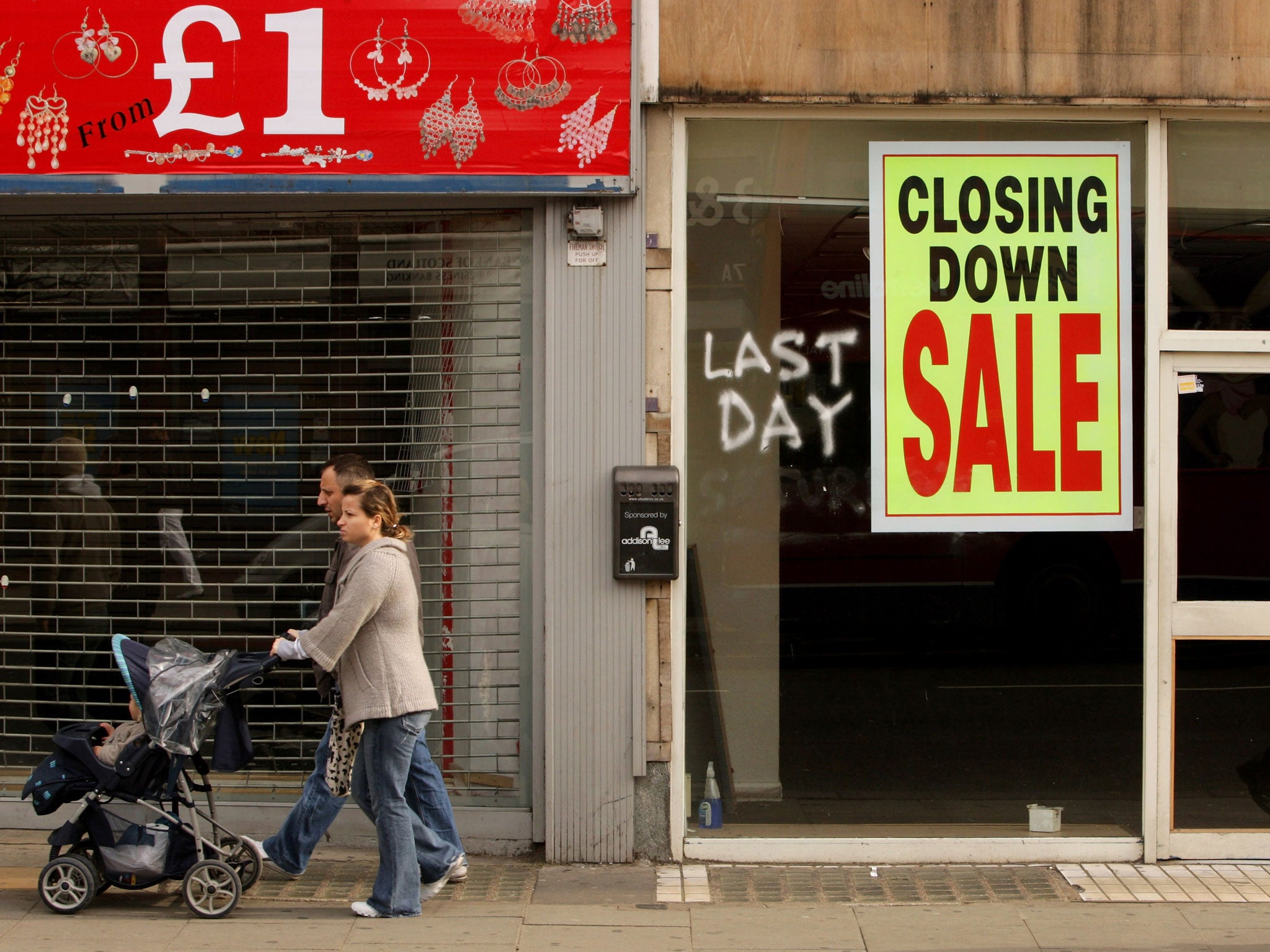High street failures are a personal history of loss
These extinctions provide us with a useful, if unsettling, lesson

Woolworths, Jessops, Blockbuster, HMV; even if we didn't go to them any more, they seemed like such absolute fixtures, brands as immovable from the high street as stars are from the night sky.
The shared sense of shock when a shop falls (or, as in HMV's case, teeters on the brink) ought to be about the job losses, but for most of us, it isn't really: it's about something so familiar and so comfortable being so suddenly ripped away.
Nor is this confined to shops. The end of the News of the World was unthinkable until it happened; so, to a certain breed of video game aficionados of about my vintage, was yesterday's news that the American remnants of Atari are filing for bankruptcy.
They are permanent. But then they go. And quickly enough, these extinctions provide us with a useful, if unsettling, lesson in loss. In no time at all, the changes that seemed so strange seem like they were always inevitable, and the shops that we viewed as an indelible part of the present recede into a nostalgic past.
The speed of this recession - another sort of recession - will vary from person to person, depending on exactly where you spent your pocket money. But it's undeniable. For me, for example, HMV is world-shaking; Jessops is quietly sad; Woolworths has almost moved into the realm of historical fact. And then there's MFI, which, until I sat down to write this article, I had forgotten ever existed.
The most unanswerable proof of how rapidly we will move on lies in how many times we have done it before. I took a Twitter straw poll last night, and the treasured brands of times gone by flooded in, each, presumably, prompting a small, sentimental twinge on the part of the person who suggested it. Our Price, C&A, Wimpy, I remember; John Menzies, Rumbelows, Happy Eater, only just; but Lyons Tea House, Timothy Whites, and Mr Byrite mean nothing to me. You'll have your own history of loss, ageing you as precisely as the rings do a tree.
In truth, it's a bit shaming - and a testament to advertising - that we dwell on the brands more than the people; a brand ought never to be freighted with such an emotional load, and any job lost ought to carry much more of one. But perhaps, in this weird cocktail of sentimentality and hard-heartedness, there's something helpful, too. After all, if we really loved them, they wouldn't be disappearing. As it is, they'll die. But we will certainly survive.
Join our commenting forum
Join thought-provoking conversations, follow other Independent readers and see their replies
Comments
Bookmark popover
Removed from bookmarks